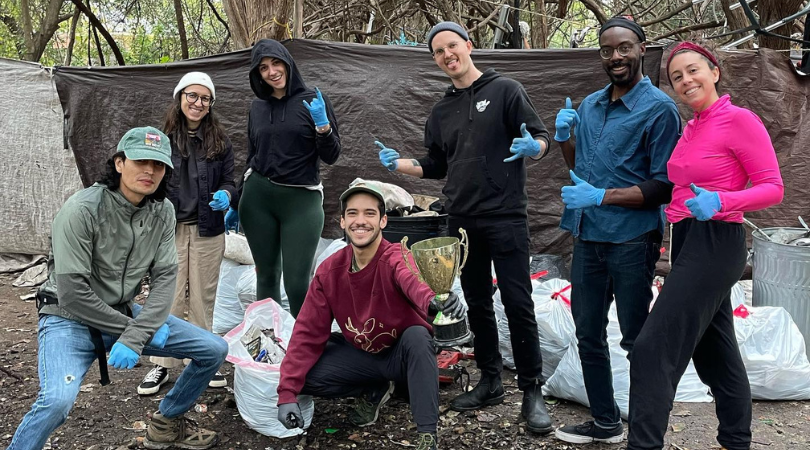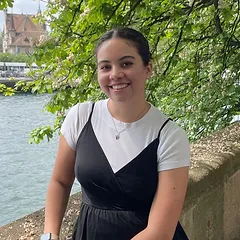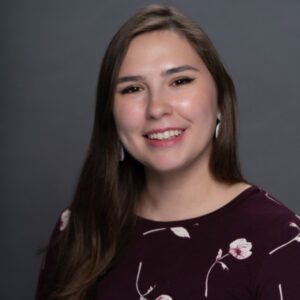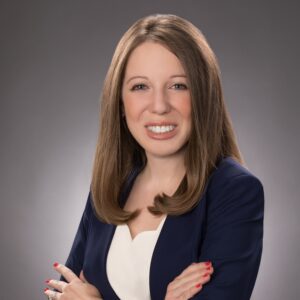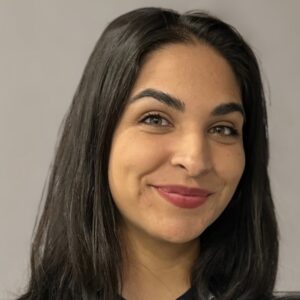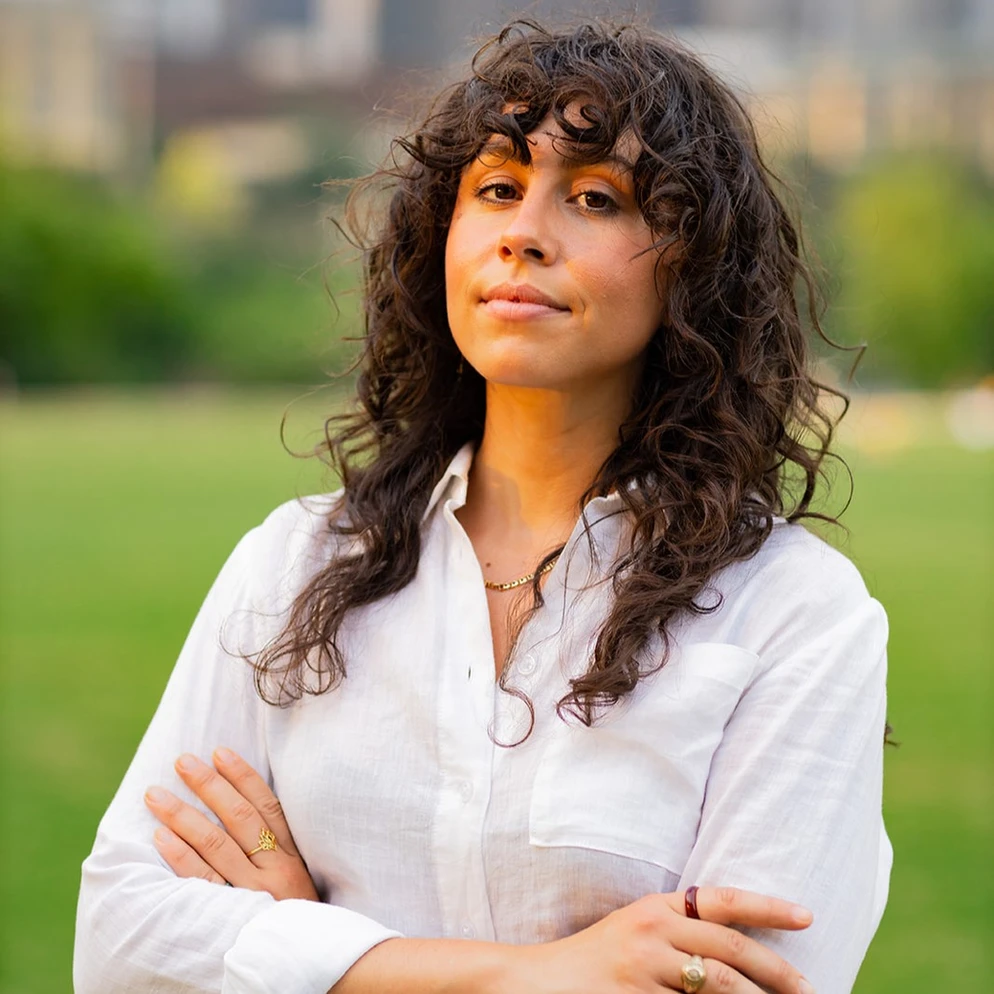
Daniela Silva ran for Austin City Council in November 2022 on a progressive platform, advocating for housing rights, efficient public transportation, and environmental issues in the city. Endorsed by former congressional candidate Julie Oliver and community leaders like Chas Moore, Founder of the Austin Justice Coalition, Silva ultimately lost to José Velasquez but left a significant imprint on Austin’s local politics.
Silva grew up in Sugar Land, Texas, and was heavily involved in Houston issues alongside their family. Politics became important to them when they saw firsthand xenophobia toward immigrants – Silva’s mother was an immigrant from Colombia – after 9/11 and George W. Bush’s presidency. They stated that there was “a lot of fear about the government and it not really being there to protect us or support us.”
Alongside immigration, environmentalism and animal rights were some of the first issues that sparked her activism, working with Greenpeace and PETA. She found solace in Michael Moore’s documentary Fahrenheit 9/11 and Steven Soderbergh’s film Erin Brockovich, starring Julia Roberts. She even considers Robert’s titular character in the latter as her first role model: “She didn’t come from an affluent background, but she was passionate about an issue and engaged with her community to enact real positive change in the world. I just found that to be so inspiring.” Later as a student at Texas A&M University, she interned for a State Senator and became more interested in policy. She eventually went on to volunteer with Bernie Sanders’s presidential campaign and other local efforts.
The Austin City Council campaign was their first time running for office, initiated by Winter Storm Uri in 2021 and a lack of response from current elected officials. They stated that their community members “mobilized the day the storm hit, initially helping unhoused neighbors get off the street and get into shelters. Eventually, everyone in the city needed help and the City was not responding until probably six or seven days into the storm.” To them, “that was just completely unacceptable.” They decided that they couldn’t wait until they “felt old, established, educated, or wealthy enough to run for office. Austin needed change immediately.”
For Silva, existing problems in Austin include housing, especially in Black and Hispanic areas most affected by gentrification, and climate change, stating that “both kind of go hand in hand just in terms of how we support the most vulnerable among our populations.” Even though she believes that campaigning has been the biggest milestone of her career, she won’t run for office again for a while, citing how taxing it was emotionally and financially. But who knows – perhaps Austin will see a familiar name on the ballot in elections to come.
Silva explained that she experienced discrimination based on her gender identity in politics, hearing things like, “Oh, she’s so young,” even though there were men her age running for office who did not get that same kind of judgment. “That was something I often experienced as a hurdle or a barrier. I would have to really overemphasize and try to prove myself as capable and competent.” When asked what advice she would give to the next generation of young, BIPOC femmes running for office, Silva emphasized that they should surround themselves with people who love and believe in them 100%: “I think it’s so important to lean on your community and support system. Surround yourself with people who can also be honest with you and want to see you grow and succeed.”
